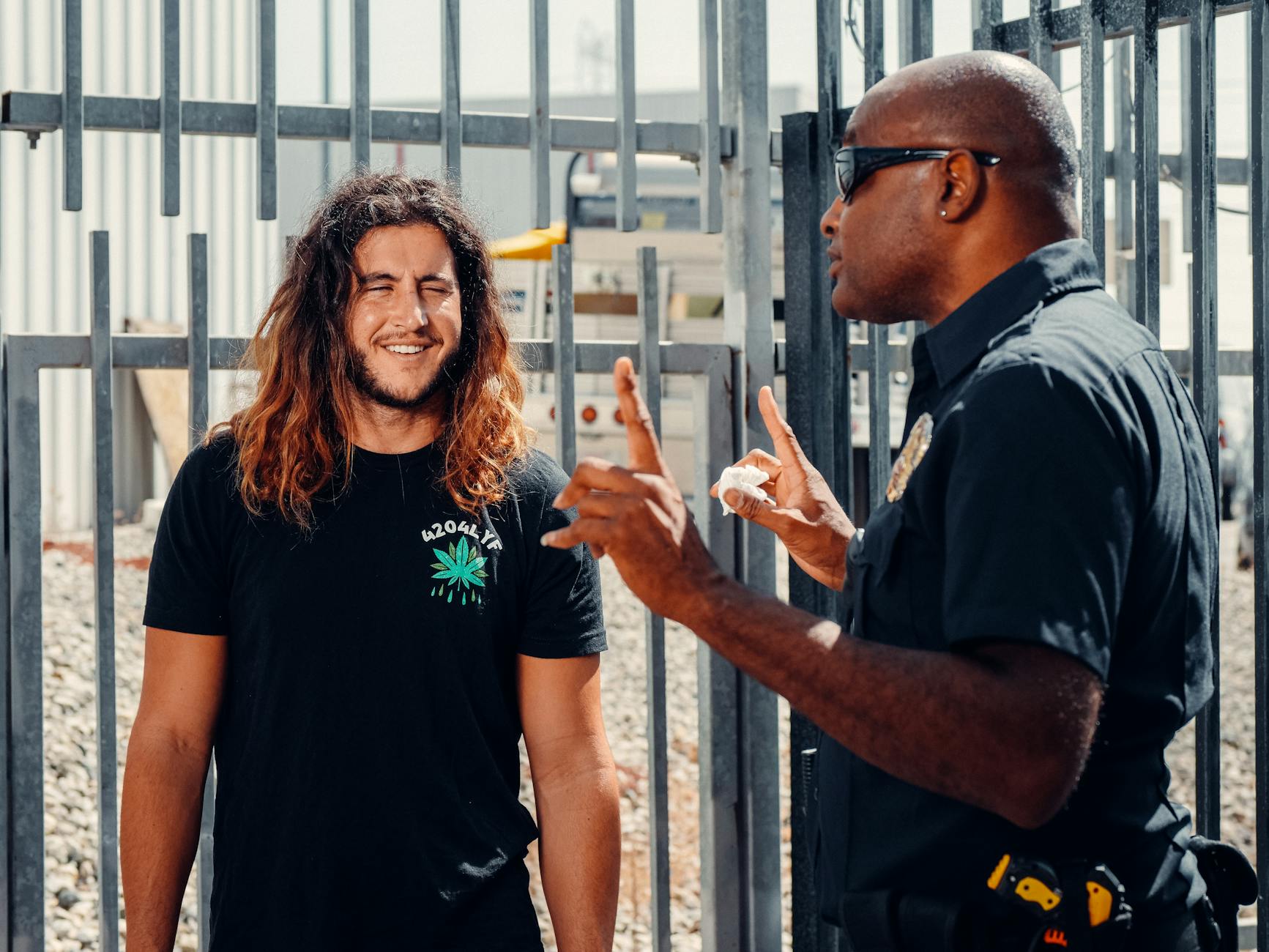GPT-5 Powers Next-Gen AI Safety | OpenAI-Microsoft Deepen Alliance, Private LLMs Emerge

Key Takeaways
- OpenAI is strategically deploying its advanced GPT-5 model to enhance “SafetyKit,” revolutionizing content moderation and compliance with unprecedented accuracy and speed.
- OpenAI and Microsoft have reaffirmed their foundational strategic partnership through a new Memorandum of Understanding, underscoring a shared commitment to AI safety and innovation.
- Significant progress in AI safety and privacy is evident, with OpenAI collaborating with US and UK government bodies on responsible frontier AI deployment, while Google introduces VaultGemma, a groundbreaking differentially private LLM.
Main Developments
Today’s AI landscape presents a fascinating duality: the relentless pursuit of advanced capabilities and the simultaneous, urgent drive for robust safety mechanisms. OpenAI stands at the forefront of both, with news highlighting the strategic deployment of its powerful GPT-5 model and significant advancements in its collaborative safety efforts.
The standout announcement reveals OpenAI is leveraging GPT-5 not just for general intelligence, but specifically to bolster AI safety. Its “SafetyKit” platform, now powered by GPT-5, marks a significant leap in content moderation and compliance. This isn’t merely about faster checks; it’s about fundamentally smarter, more accurate, and more adaptable enforcement, setting a new benchmark for proactive safety systems. By outcompeting legacy solutions with greater precision, SafetyKit aims to facilitate the shipping of “smarter agents” with every new model, suggesting GPT-5 is becoming an integral part of the responsible deployment pipeline for advanced AI.
This technological advancement is underpinned by strategic partnerships that define the broader AI ecosystem. OpenAI and Microsoft have formalized their enduring alliance with a new Memorandum of Understanding. This document reaffirms their shared vision for AI’s future, emphasizing a dual commitment to innovation alongside paramount safety. This ongoing partnership is crucial for scaling OpenAI’s cutting-edge research and products, like the GPT-5-powered SafetyKit, across diverse enterprise environments, ensuring broad impact and secure integration.
Further demonstrating its commitment to responsible development, OpenAI is actively collaborating with leading governmental initiatives, specifically the US CAISI (Central AI Safety Institute) and the UK AISI (AI Safety Institute). This international partnership focuses on critical areas such as joint red-teaming, developing robust biosecurity safeguards, and conducting rigorous testing of agentic systems. These collaborations are pivotal in establishing global standards and ensuring that frontier AI systems are deployed securely and ethically, translating theoretical discussions into practical, cross-border implementation. This collaborative approach underscores a growing industry consensus that AI safety is a collective, international responsibility.
While OpenAI captures many headlines, the broader AI ecosystem continues to innovate across various crucial fronts. Google’s research division has made a significant contribution to privacy-preserving AI with the unveiling of VaultGemma. Hailed as the “most capable differentially private LLM,” VaultGemma directly addresses the critical need for powerful AI models that can operate with strict data privacy guarantees. This is a vital step for applications in sensitive domains where data utility must be meticulously balanced with individual privacy rights, potentially unlocking new use cases for AI in healthcare, finance, and other regulated sectors.
Google also offered a glimpse into its recent August AI advancements, showcasing consumer-facing features like “Ask Anything” and “Remimagine your photos with a prompt” for new Pixel devices. While a recap, it underscores the continuous push for integrating advanced AI directly into consumer products, making sophisticated capabilities accessible and intuitive for everyday users.
The day’s news paints a comprehensive picture of an AI industry maturing rapidly, grappling with the immense power it wields by building not just more intelligent systems, but also more secure and responsible ones, through both technological breakthroughs and strategic alliances.
Analyst’s View
Today’s AI digest clearly illustrates a critical juncture in the industry: the simultaneous acceleration of AI capabilities and the deepening commitment to responsible development. The operational deployment of GPT-5 for a system like SafetyKit signals that frontier models are rapidly moving from research labs to foundational infrastructure, driving not just new features but also new security paradigms. The reinforced OpenAI-Microsoft alliance, coupled with international regulatory collaborations, underscores a growing recognition that AI’s future relies as much on robust governance and ethical frameworks as it does on technological breakthroughs. Moving forward, the critical watch will be on how these advanced safety systems scale to meet the complexity of increasingly agentic and ubiquitous AI. We must also observe how privacy-enhancing technologies like VaultGemma are integrated, ensuring that the pursuit of intelligence doesn’t compromise fundamental data rights. The coming months will define whether this dual push for power and responsibility can truly keep pace with AI’s unprecedented evolution.
Source Material
- A joint statement from OpenAI and Microsoft (OpenAI Blog)
- Shipping smarter agents with every new model (OpenAI Blog)
- Working with US CAISI and UK AISI to build more secure AI systems (OpenAI Blog)
- VaultGemma: The most capable differentially private LLM (Hacker News (AI Search))
- The latest AI news we announced in August (Google AI Blog)